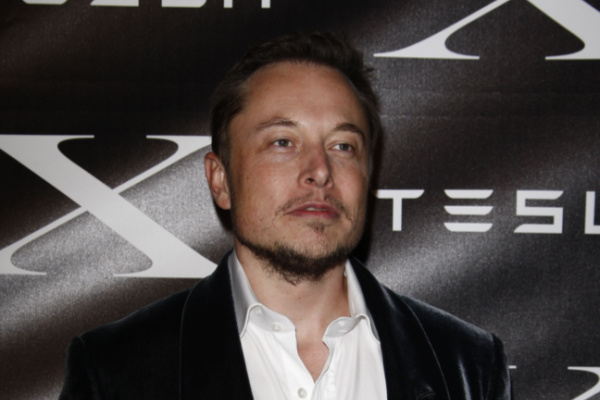Not satisfied with dismantling Twitter, Elon Musk is reportedly planning to take on his erstwhile ally OpenAI, and is currently attempting to collect the money and people necessary to do so. The busy billionaire may tap the resources of his several companies to accelerate the work, but there is good reason to be skeptical of this endeavor.
According to TechCrunch, rumors and circumstantial evidence of Musk building an AI company to pit against OpenAI have been around pretty much since he divested from the company — which he helped fun in its early days — back in 2018. He has made no secret of disagreeing both with their choice to pursue profits rather than act as pure R&D, and also their attempt to build ethical guardrails AI, which he seems to consider too “woke.”
How this perspective fits into the worldview that AI is a danger to humanity and must be limited in the long term and perhaps paused in the near term is not clear. That position may already have been abandoned, as Musk has abandoned so many briefly expedient attitudes.
The latest development, as reported by the Financial Times, is that Musk has hired former DeepMind employee Igor Babuschkin and a handful of other engineers to begin work, and is contacting his large network of investors and persons of immense wealth to see who will fund it.
That people are hired and there is also movement around corporate ownership of Twitter (which this week was shifted under the umbrella of Musk’s long-contemplated “everything app” X Corp) suggests that the ball is finally moving at least in a basic way.
But Musk may find that, like running Twitter, building and operating a modern AI company is no picnic. As TechCrunch points out, OpenAI is in the position it is today because of many years of trial and error and billions in funding, and because it attracted and retained many of the experts in machine learning who felt underutilized at places like Google and Microsoft (which both now find themselves eating its dust, in different ways). The concentration of AI talent there and at a handful of other institutions (to say nothing of China) is an imposing obstacle.
Even if Musk finds the money to fund this company, his publicly callous and capricious approach to management at Twitter and elsewhere could very well act as a serious deterrent to recruiting the AI experts in a dozen fields he will need. Would you leave a job at perhaps the most influential company in tech right now, to work for Musk?
In some ways it is trivial to build and tune your own large language model now, but that acts more as a barrier to entry than an onramp. If anyone can do it, and half the tech companies in the world are, why would they need a company like the one Musk is building? Though a skeleton crew may be able to train an alternative to GPT-4 in the loosest sense of the word, there is much more to the process than that, as evidenced by OpenAI’s pivot to being kind of an ordinary SaaS company.
The rumored plan (FT attributes to people familiar) to train the LLM on Twitter data is an interesting choice. Although Musk claimed recently that Tesla’s computing resources may prove valuable for AI development, that company’s work in the field has consistently lagged behind predictions and claims.
While this venture, like many of Musk’s, may fall far short of the mark, there is no arguing that his activity in an industry tends to agitate it. One does not have to topple the market leader to influence events and gain a seat at the table — often all it takes is billions of dollars. And that is something Musk reliably seems to have at his disposal.
—
Photo Credit: Phil Stafford / Shutterstock.com
